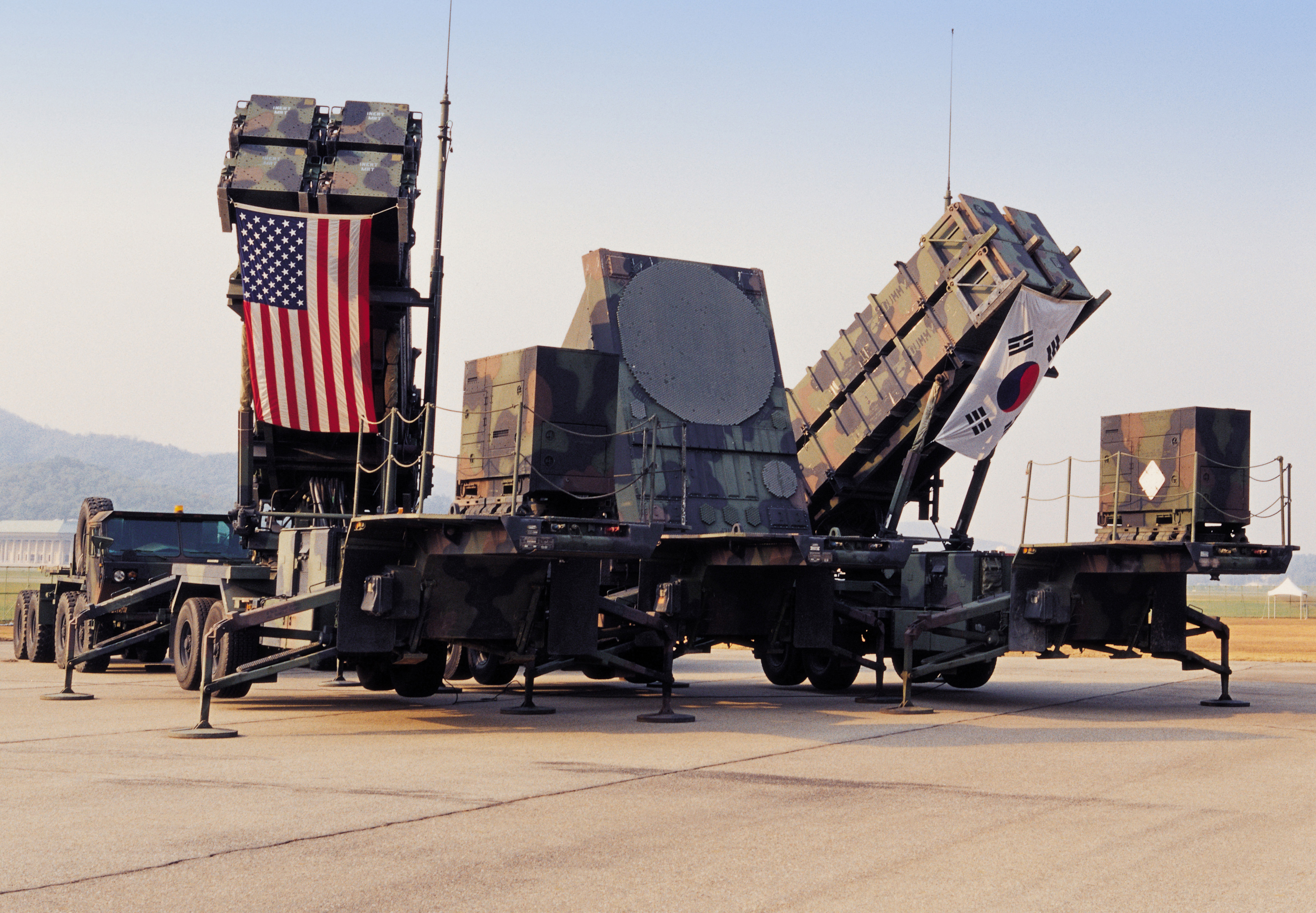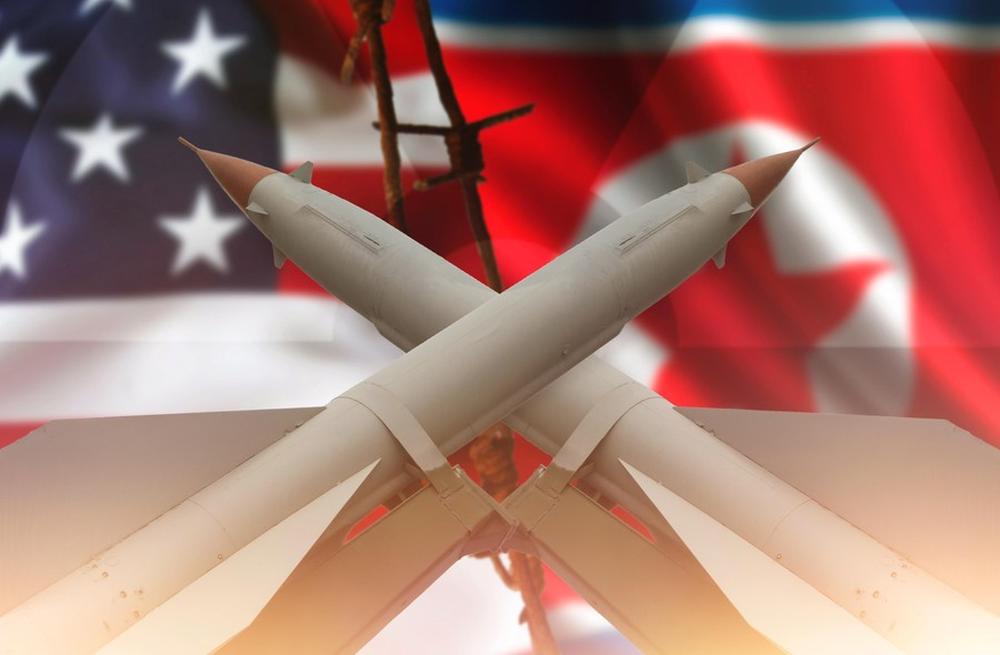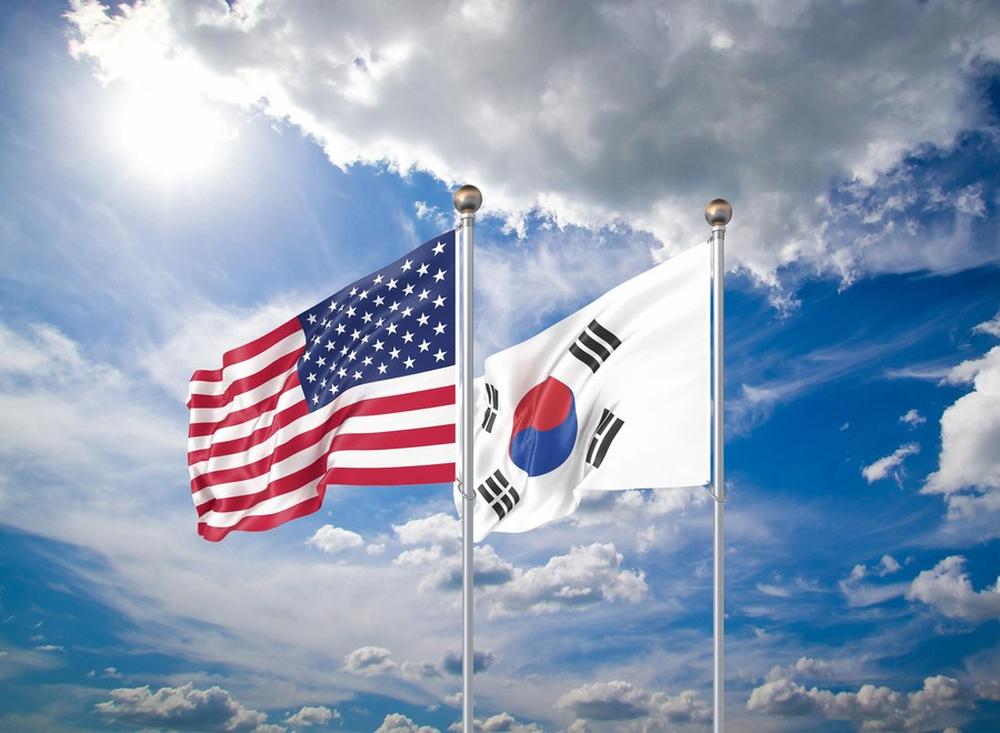- #US-ROK
- #US-DPRK
- #Military Exercise
- #Kim Jong Un
- #OPCON
- #Exercise

► In order for the OPCON transfer to take place in the near future, this year’s exercises should have at least matched the intensity and size of those held prior to 2018.
► North Korea’s approach is that it will continue to enhance its nuclear and missile capabilities until it has achieved a minimum deterrence strategy, equipped with a second-strike capability regardless of the suspension of ROK-US joint military exercises.
► Whether to suspend ROK-US joint military exercises should no longer be the focus of attention: rather, it is important now to focus on the type and direction of the joint military exercises.
Even before the North Korean nuclear issue received international attention, North Korea’s call for the suspension of ROK-US joint military exercises has been one of its long-held demands, along with the withdrawal of U.S. Forces Korea and the dissolution of United Nations Command. The March and August 2021 Statements by Kim Yo-jong, Kim Yong-chol, and the North Korean Ministry of Foreign Affairs as well as criticisms by the North Korean official news agency can be considered an extension of this demand. Chairman Kim Jong-un stated during the 8th Party Congress that the possibility of returning to “the spring of three years ago” remains in the hands of South Korea[1] and demanded that South Korea suspend further joint military exercises. His words proliferated through the statements by Kim Yo-jong, Kim Yong-chol, and Kim Sung, North Korean Ambassador to the UN.
Despite North Korea’s insistence, the ROK-US joint military exercises were held in March and August. This year’s exercises were conducted without an increase in military personnel from last year and were held as Command Post Exercises (CPX) centered on computer simulations. These exercises were carried out in low-key fashion and with minimum personnel due to the unexpected impact of COVID-19 and President Moon’s strong determination to complete OPCON transfer before the end of his term.
However, in order for OPCON transfer to take place in the near future, this year’s exercises should have at least matched the intensity and size of those held prior to 2018. This is important because if OPCON transfer were to take place, the South Korean general would command the future Combined Forces Command. Given that the United States and Korea have already completed level 1 verification, Korea now has to prove just how capable the ROK military forces could operate on its own by undergoing verification of full operational capacity (FOC), which is required to achieve level 2 verification. OPCON transfer would take place following a level 3 verification. Even though Korea has asked for an FOC evaluation since the March exercise, the United States was reluctant to oblige, reasoning that more requirements must be met prior to FOC. Both sides maintained their respective stance during the August exercise, which led to the postponement of the level 2 verification process.
Objectives and Nature of the ROK-US Joint Military Exercises
The critical issue here is whether the objectives and nature of these military exercises are being questioned, amidst efforts to establish momentum for the Korean Peninsula Peace Process and to prepare for instability on the Korean Peninsula by the United States and Korea. Even though the main objective of the ROK-US joint military exercises is to deter and defeat North Korean provocations, North Korea is using President Moon’s efforts to establish peace to its own advantage.
In her March 16 statement, Kim Yo-jong[2] criticized the joint exercises and stated that the “spring of three years ago” would be difficult to return to. In her August 1 statement, she also demanded the suspension of the exercises, saying that “carrying out joint military exercises during this delicate time would cloud the future of inter-Korean relations.” In terms of reducing the scale of these exercises, she added that no matter how much the exercises are scaled down in terms of personnel and/or format, it does not change the aggressive nature of the exercise. Kim Yong-chol, vice chairman of the Central Committee of the Workers' Party of Korea, stressed in his statement that “[North Korea] will make sure that South Korea will constantly experience how a wrong choice could result in tremendous threats to national security.”[3] He added that “war exercises and peace cannot coexist.”[4]
When the August joint military exercise was concluded, the North Korea Foreign Ministry announced that the August 29 ROK-US joint military exercise convinced North Korea to upgrade its national security forces and first-strike capabilities.[5] In response, North Korean Ambassador Kim Sung said during a UN meeting that “[North Korea] will continue to strengthen defensive deterrence capabilities for national security purposes.”[6] He pointed to the continuation of ROK-US joint military exercises, the placement of U.S. aircraft carriers and nuclear submarines near the Korean Peninsula, and the United States’ hostile policy towards the North as reasons for growing tensions on the Korean Peninsula.
These sentiments were well reflected in Kim Jong-un’s September 29 speech as well as his October 11 speech during his visit to the defense development exhibition, Self-Defence-2021. Regarding President Moon’s call for the end of war declaration, Chairman Kim said that “inter-Korean relations should be approached from an attitude to resolve fundamental problems and that inter-Korean commitments should be honored in earnest.”[7] Further, in order to resolve fundamental issues between the two Koreas, 1) the ROK-US alliance should suspend military exercises; 2) Korea should halt any effort to increase military power; and 3) Korea should free itself from the mentality that it is the victim and a target of North Korean provocations. At the same time, he said in his October 11 speech that “building up national defense is an indispensable and vital state affair which our Party, government and people must not neglect even a moment, regardless of peaceful or confrontational environment. It must be prioritized over economic development.”[8] He also said that North Korea’s growing military power has nothing to do with inter-Korean relations. By arguing solely for its self-defense capabilities, North Korea showed just how duplicitous its approach is.
On the other hand, North Korea has responded to President Moon’s call for the end of war declaration by demanding a limit on South Korea’s defense capabilities. Mainly it has asked for the suspensions of ROK-US joint military exercises, South Korea’s military modernization and enhancement, the Eulji-Taegeuk emergency response exercise, and for the dissolution of the United Nations Command, among others.
North Korea’s approach is that it will continue to enhance its nuclear and missile capabilities until it has achieved a minimum deterrence strategy, equipped with a second-strike capability regardless of the suspension of ROK-US joint military exercises. North Korea is demanding a limit on South Korea’s military capabilities while only entertaining the possibility of peace and denuclearization on the Korean Peninsula.
Considering North Korea’s shift in strategy and the adoption of a new defense policy to achieve minimum deterrence strategy, whether to suspend ROK-US joint military exercises should no longer be the focus of attention. Rather, it is important now to focus on the type and direction of the joint military exercises.
Even though North Korea has threatened military provocations during previous ROK-US joint military exercises, these threats historically have never led to the deterioration of inter-Korean relations. Starting from the Kim Il-sung era until the Kim Jong-un era, North Korea considered the ROK-US joint military exercises as motivations for advancing its nuclear and missile capabilities. It is unlikely that these exercises would bring about any change in North Korea’s military posture, US-DPRK relations, and inter-Korean relations. Even if these exercises were to be suspended, North Korea will demand that the United States withdraw hostile policies and double standards in order to further limit South Korea’s military capabilities.
According to the Korea Institute for Defense Analyses’ public opinion poll, which was conducted in September and October of this year, 75.2% of 1,000 Koreans aged 19 or older said that they support ROK-US joint military exercises in order to deter war on the Korean Peninsula.[9] Since 2019, North Korea has adopted a new military strategy based on its commitment to enhance nuclear and missile capabilities. As such, the ROK-US joint military exercises must evolve to accommodate this changing strategic environment. Furthermore, efforts to achieve OPCON transfer must reflect this new environment so that ROK-US military readiness vis-à-vis North Korea remains unhindered even after OPCON transfer is complete.
[1] Korean Central News Agency, Jan. 9, 2021.
[2] Statement by Kim Yo-jong, Korean Central News Agency, Mar. 17, 2021.
[3] Statement by Kim Yong-chol, Korean Central News Agency, Aug. 11, 2021.
[4] Tongil Voice, Aug. 15, 2021.
[5] Yonhap News, Aug. 18, 2021.
[6] Yonhap News, Oct. 12, 2021.
[7] Korean Central News Agency, Sept. 30, 2021.
[8] Korean Central News Agency, Oct. 12, 2021.
[9] Hong, Sookji, “Korean Public Opinion Survey on the ROK-US Alliance,” Korea Institute for Defense Analyses, Nov. 5, 2021; “ROK-US military exercises should continue 75.2% vs. suspend military exercises for the sake of inter-Korean relations 18.7%,” NewDaily, Nov. 5, 2021.
Horyung Lee is Senior Research Fellow of the Center for Security Strategy at the Korea Institute for Defense Analyses (KIDA). She handles various security issues especially focused on North Koreasuch as nuclear capability, military threat analysis, two Korea’s military negotiation strategy, inter-Korean relations, and US-North Korea relations. Dr. Lee has a Doctoral degree (2001) in political science from Korea University. She has been a central committee member of the National Unification Advisory Council since 2012.

